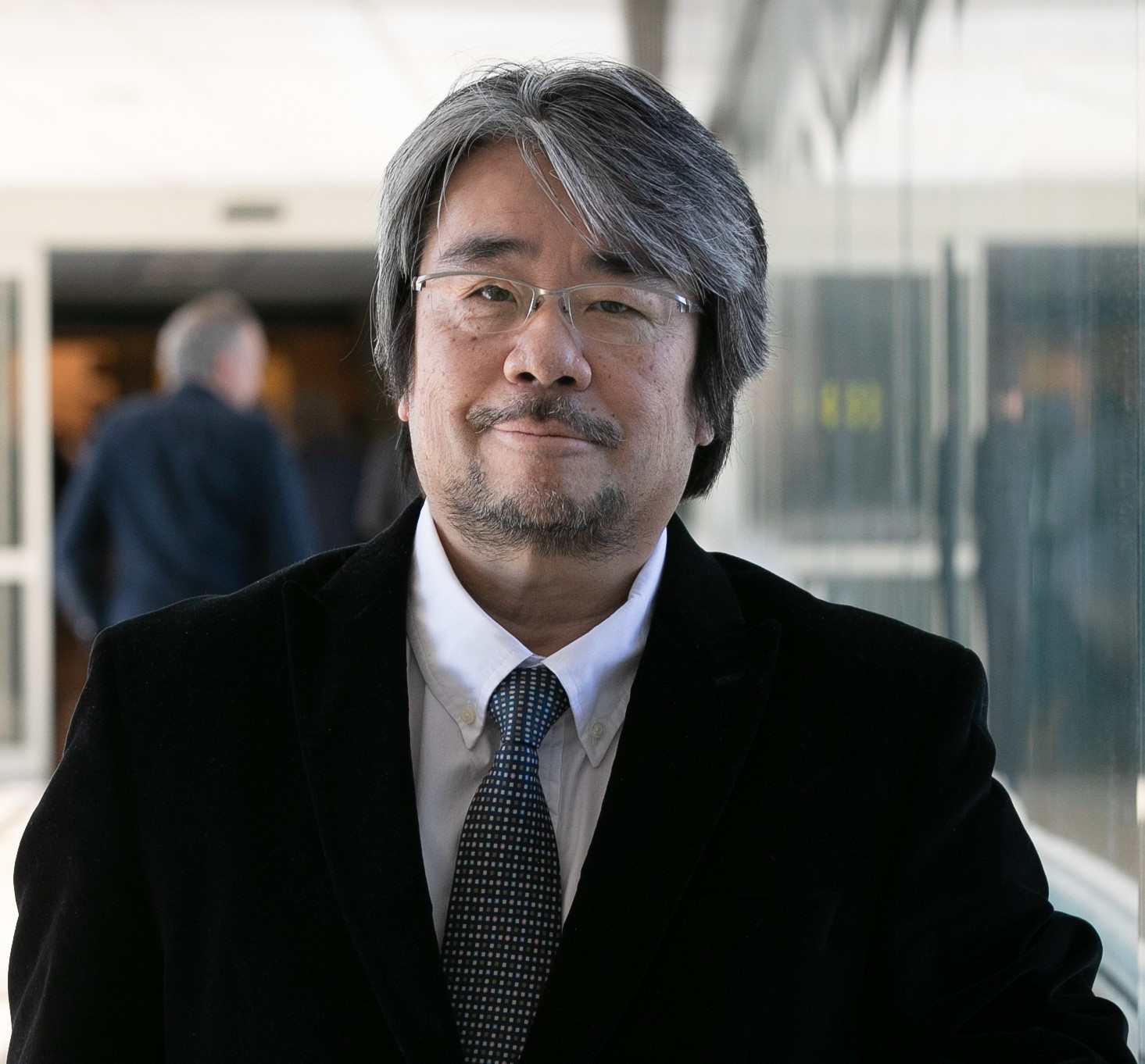
I, Kazuhiko Yamada, MD., PhD., am Professor in Department of Surgery with tenure at The Johns Hopkins University School of Medicine (JHUSOM) and Director of Xenotransplantation at Johns Hopkins Hospital. I recently moved from Columbia University where I was a Professor, Surgical Science in Surgery and Medical Sciences in Medicine (with tenure), and Director, Surgical Research, Columbia Center for Translational Immunology (CCTI). After I qualified as a Board-certified urologist in Japan, I joined the Transplantation Biology Research Center (TBRC), Massachusetts General Hospital (MGH) as a research fellow in the late 1993. I was promoted to an Instructor of Surgery at Harvard Medical School (HMS) in 1998, to Assistant Professor of Surgery in 2000 and to Associate Professor of Surgery in 2004 at HMS and was appointed to Director, Surgical Research, TBRC, MGH. I joined the Columbia Center for Translational Immunology (CCTI) and is appointed to Professor of Surgical Sciences in Surgery, Columbia University Medical Center (CUMC) and Director, Surgical Research, CCTI as of July 1, 2015. I have received a tenure, Professor from Colombia University, July 2016. I have a broad background in transplantation immunology, as well as in transplant surgery. I have conducted both allogeneic and xenogeneic transplantation projects in TBRC, MGH, in CCTI, CUMC, and currently in JHSOM. I have been responsible for seeking mechanisms of transplant tolerance in pre-clinical large animal models and developing innovative strategies for the induction of tolerance across both allogeneic and xenogeneic barriers in large animal translational research models. I have been awarded 53 NIH-funded projects either PI or PL over the past 20 years. I have published over 200 peer-reviewed papers. I have performed over 1,000 cases of allogeneic and xenogeneic kidney, thymus, islet and heart transplantation in both miniature swine and non-human primates. More specifically, I have extensively studied the role of the thymus and vascularization of cells/tissue in the induction of tolerance. I have developed innovative strategies of composite vascularized organs known as thymo-kidneys and islet-kidneys. These composite organs demonstrate the importance of pre-vascularization of cells in the successful induction of transplantation tolerance in preclinical MHC inbred miniature swine models (JI 2000, PNAS 2004, Transplantation 2002, Diabetes 2002, AJT 2010, AJT 2016 etc). I also developed innovative procedures for the induction of tolerance as well as studies for thymic aging by transplanting thymus as an isolated vascularized thymic lobe (VTL) grafts (Transplantation 2002, 2006. PNAS 2006, AJT 2016 etc). I have extended this strategy to NHP models; thymokidney (TK), islet-kidney (IK) and thymo-islet-kidney (TIK) grafts in preclinical models of non-human primate allo IK transplantation as well as pig-to-baboon xeno TK/VTL transplantation. I am the first surgeon who performed GalTKO kidney xenotransplantation in a baboon in 2003. I have achieved life-supporting xenogeneic renal transplants with normal creatinine levels in baboons using GalT-KO pig kidneys co-transplanted with VTL/TK grafts with a graft survival of more than 3 months with normal creatinine levels and donor-specific unresponsiveness in 2005 (Nature Med 2005) in the initial period, and have achieved longer than 6 months normal creatinine levels with new thymic emigrants from the co-transplanted donor VTL graft in the pig-to-baboon kidney transplant model (AJT 2017, Transplant Int 2018). I have also developed a procedure of intrabone bone marrow transplantation (IBBMTx) in a pig-to-baboon model and demonstrated high incidence of xenogenic bone marrow engraftment (AJT 2015). Moreover, most recently, I served as the Study Director of a preclinical IND-enabling study of Pig-to-Baboon 10GE kidney xenotransplantation in 2002-2024. In this project, we have achieved “Consistent long-term survival, 80% survival rate at 8 months, in consecutive cases of life-supporting porcine kidney xenotransplantation using 10GE source pigs in baboons” (Nature Communications 2024). kidneys. These data provide critical supporting evidence for the safety and feasibility of clinical kidney xenotransplantation (KXTx), resulting in FDA clearance of the first-ever human clinical trial of a xeno-organ.